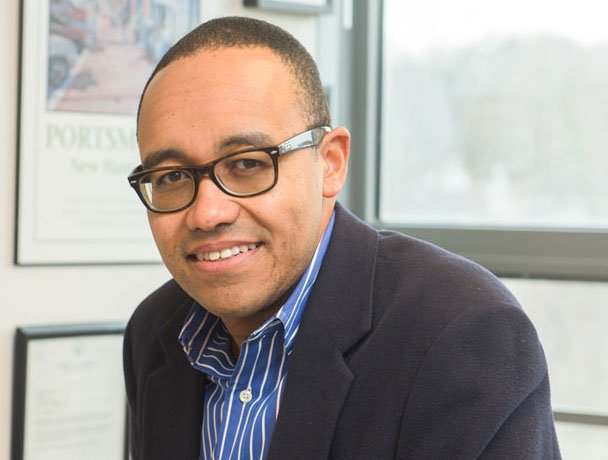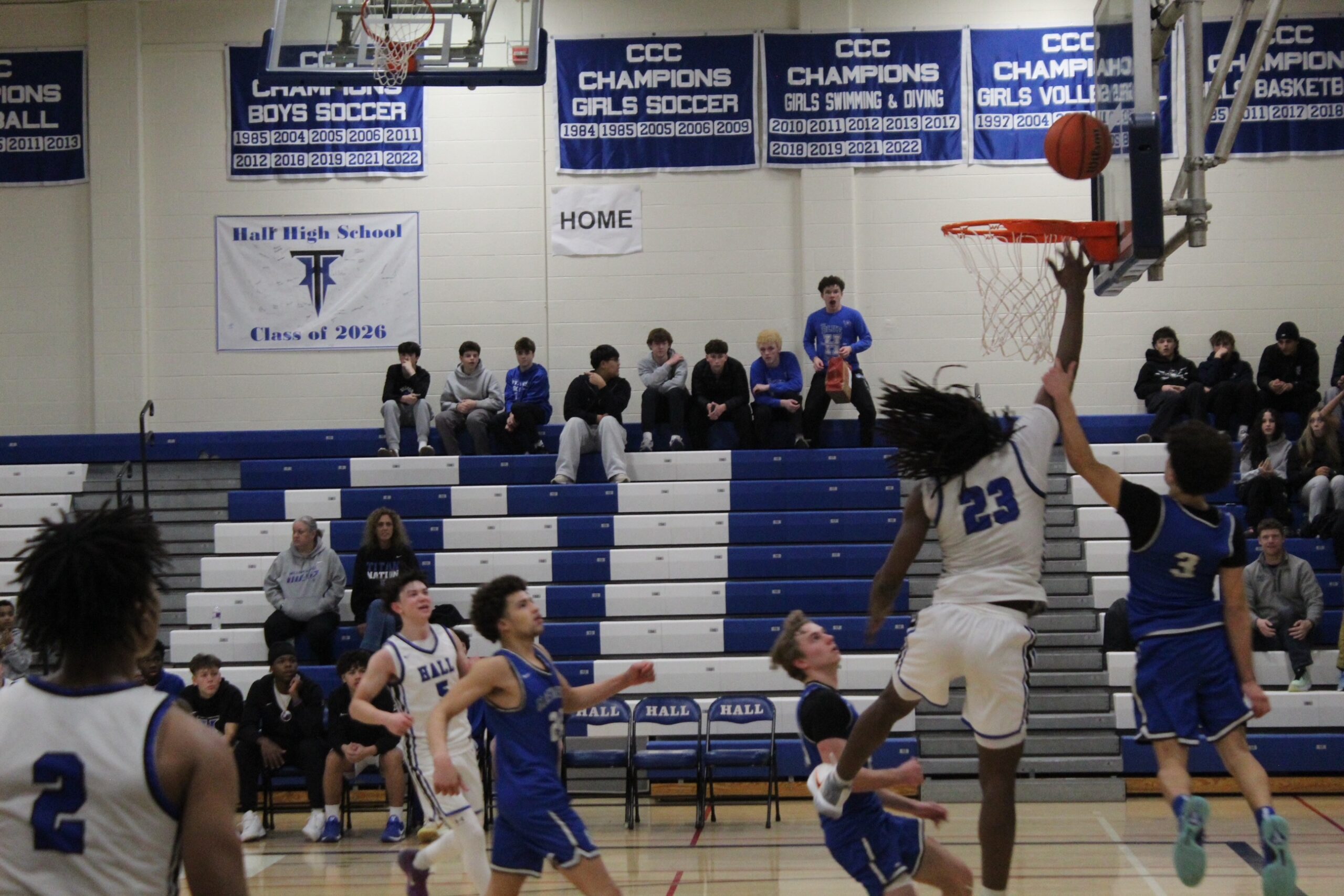Op-Ed: Welcome to ‘The Souls of Black Folk,’ Connecticut

Audio By Carbonatix

Jonathan L. Wharton. Courtesy photo
Jonathan Wharton, an associate professor at Southern Connecticut State University and a frequent guest on NPR’s ‘Wheelhouse’ radio show, grew up in West Hartford. He wrote this column for CTNewsjunkie.com, where it originally appeared.
By Jonathan L. Wharton
After watching Kamala Harris’ Democratic Party nomination for vice president, I was taken aback by social media comments on Facebook and Twitter. Yes, the unfortunate sexist and racist thoughts were in full force. But there were also comments that Harris is “not Black” and “not Black enough.” Do we not understand the African diaspora?
On paper, I should be the last one to shed some light on Harris and the African diaspora. As a Republican from Connecticut, many of you would – and have – challenged me that I’m not Black enough in your myopic understanding of Black America. Growing up Black in West Hartford will be a forever scarring experience for me. But attending Howard University, a Historically Black College and University (HBCU), was an enlightening experience in my life.
Harris also attended Howard years before I did. And I returned 16 years ago to complete my doctoral dissertation (and book) on then-Newark Mayor (now U.S. Senator) Cory Booker and concerns surrounding his post-racial politics. Many, including the city’s prior mayor, challenged Booker’s race since he is Black American and was raised in nearby suburbs. So presenting Black experiences has been a part of my research and my own life.
Harris’ and my alma mater respects these various Black experiences and yet there’s often an assumption that Howard is only inclusive of Black American history, politics, culture, and thought. This is hardly the case. Howard and so many HBCUs revere the diverse reality of the African diaspora writ large since the Black experience is not just a Black American monolith and Harris was seeking this in the 1980s.
In fact, various HBCUs have many West, East, and South African students, faculty, and administrators. Their campuses often include a number of South American, Central American, and Caribbean individuals as well. Even at Howard, there were many East and South Asian students and faculty members, especially in our medical and law schools. Class and campus discussions were not always about the Black American experience. They stressed shared global experiences and respecting the ties that bind, also known as the diaspora experience and the purpose for HBCUs.
This diaspora outlook is not unusual since many are aware of the Jewish diaspora and the Muslim diaspora. Even Pan-African, Pan-Asian, and Pan-Latino thought are known for going beyond nationalistic borders and respecting cultural and historical linkages. After all, various populations for generations have migrated for political, social and religious reasons. But the African diaspora is unique since much of it centers on enslavement, uplift, and equality. There are a number of books and reading lists on the African diaspora.
So there are countless perspectives illustrating that the Black experience is not monolithic. Many writers and scholars offer a western “liberal-conservative” but also non-western understanding to African diaspora thought. Yes, W.E.B. Du Bois and Frantz Fanon, but also Alphonso Pickney and Thomas Sowell. There isn’t one singular experience nor a notion of one Black America, but instead a variety of perspectives and experiences. In other words, there is a range of understanding and interpreting the Black experience and Harris is one of many.
So Harris’ father is from Jamaica and her mother is from India and she was raised in America and attended an HBCU. She is Jamaican-American and Indian-American and she’s also as diverse as the African diaspora itself.
Republished with permission from CTNewsJunkie.com, all rights reserved.
We-Ha.com will accept Op-Ed submissions from members of the community. The views, opinions, positions, or strategies expressed by the author are theirs alone, and do not necessarily reflect the views, opinions, or positions of We-Ha.com. We reserve the right to edit all submitted content.
Like what you see here? Click here to subscribe to We-Ha’s newsletter so you’ll always be in the know about what’s happening in West Hartford! Click the blue button below to become a supporter of We-Ha.com and our efforts to continue producing quality journalism.




[…] Op-Ed was submitted and intended to be in contrast to ‘Welcome to the Souls of Black Folks, Connecticut,’ in which the author, Jonathan Wharton, said he had a scarring experience growing up in West […]